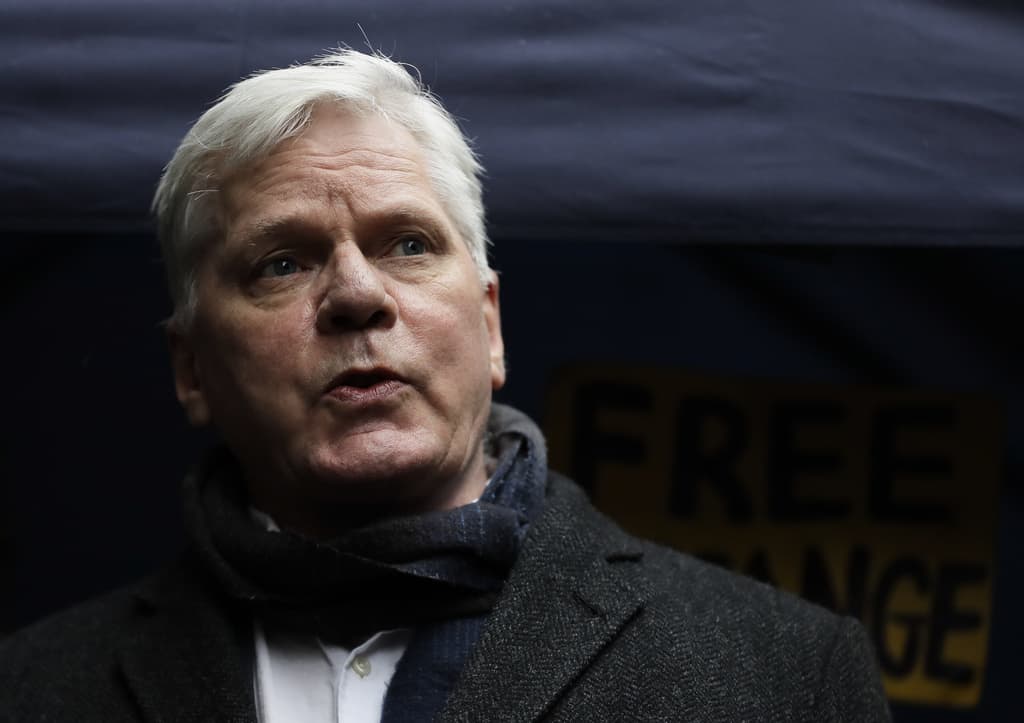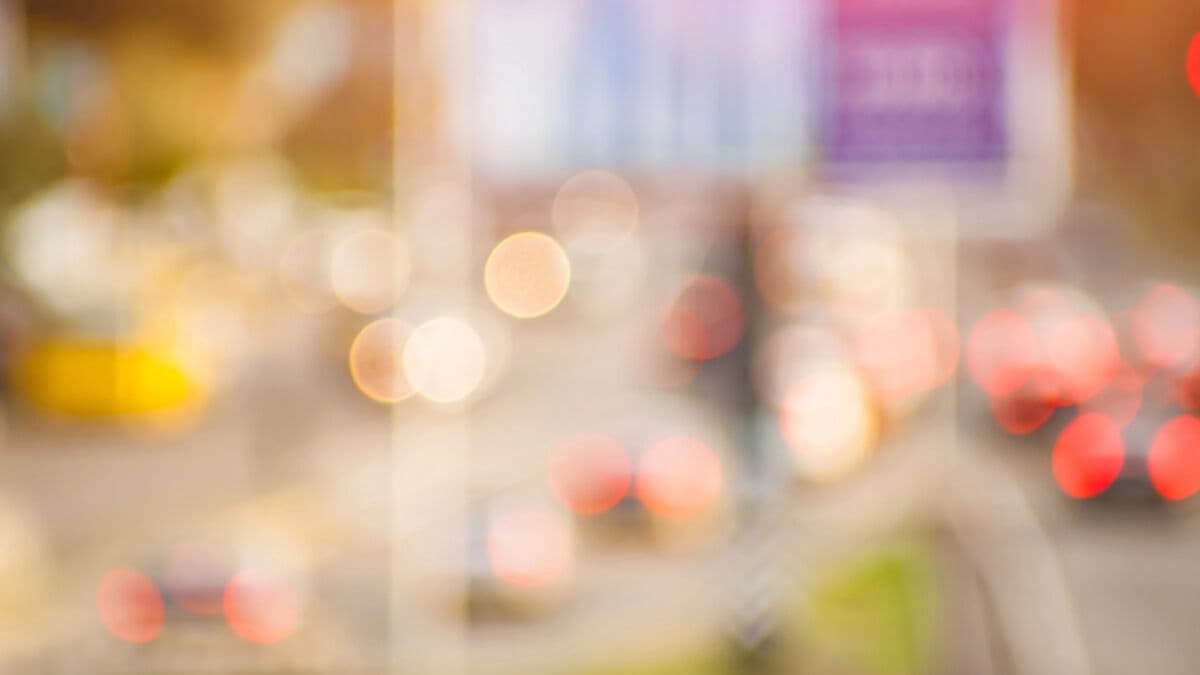The spy-accused Julian Assange is on his way to freedom after a long time in captivity. His long-time WikiLeaks colleague urges the world to take the opportunity to reflect on the threats to journalism.
It feels very good that we've reached this point after so many years of campaigning. It's a big day, says Kristinn Hrafnsson, representative for WikiLeaks.
Hrafnsson has had steady contact with Assange during his twelve-year-long prison stay and met him personally as recently as Saturday at Belmarsh prison in London. He believes that the Assange case sheds light on the weakened position of the press in the world.
"Challenges greater"
The case has been an existential threat to press freedom. Today's press needs to take a hard look at this with depth and seriousness. Maybe there's a new battle to be fought for journalists, but Assange's battle is over for now, says Hrafnsson.
He doesn't want to speculate about the future for WikiLeaks but says that today's conditions for journalists look worse than when the organisation became world-renowned in the early 2010s.
Challenges are greater now than I've experienced in my several decades-long journalistic life. More journalists than ever are being killed on the battlefield, even targeted murders as we see now with Israel. We have more journalists in prison than ever, says Hrafnsson.
"The price has been paid"
Why do you think Assange's case has taken so long?
Because he did the world an enormous journalistic service. In his role, he is responsible for what may be the greatest journalistic achievement of the last century. That, of course, upset a number of people. Now the price for that has been paid.
How will he spend his first time in freedom?
I don't know what he has planned now, but I hope he takes time to recover and spends time with his children and his wife to make up for lost time.






